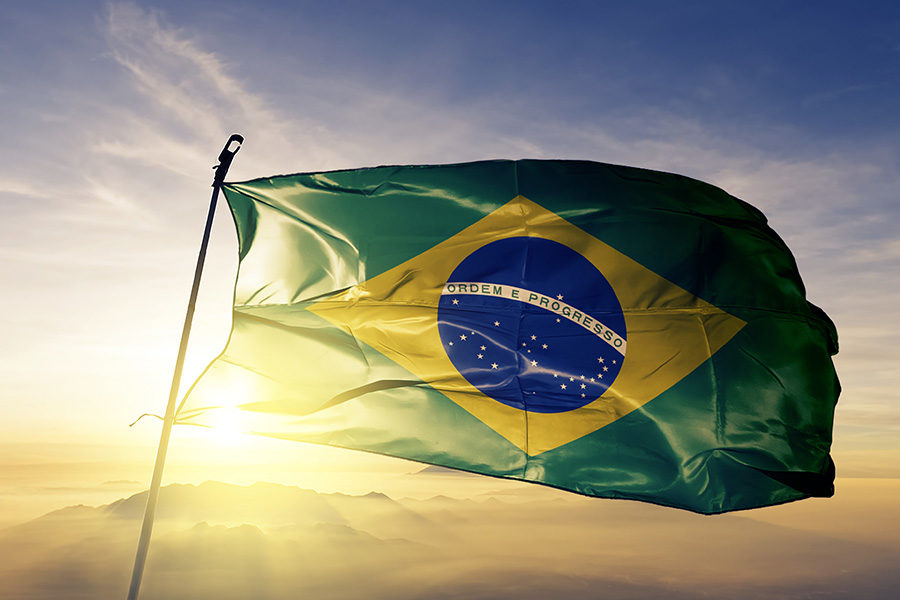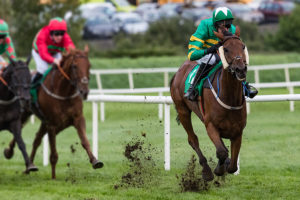Brazil’s Finance Ministry said to have prepared sports betting legislation text

The Ministry of Finance is said to have emitted the text of the Provisional Measure on sports betting.
Brazil.- Folha de Sao Paulo has reported that Brazil’s Ministry of Finance has emitted the text of Brazil’s Provisional Measure on sports betting. The text is expected to be evaluated by the government’s Civil House and signed by president Lula da Silva after the holidays for carnival.
Brazil’s legalisation of sports betting, Law 13,756, was approved four years ago, promulgated by then president Michel Temer on December 12, 2018, but the sector has not yet been regulated. It’s estimated that around 450 bookmakers operate in the country but are hosted abroad, causing an annual loss to the state of between R$6bn and R$8bn since 2019.
New Embratur president leans towards casino gambling in Brazil
Last week it emerged that Marcelo Freixo, the new president of the Brazilian Tourism Institute (Embratur) is coming around to the idea of legalising casino gambling. Freizo had voted against Bill 442/91 in February last year, but now in a new position, he’s confirmed that Embratur is following how gambling could boost tourism in Brazil.
Last year Bill 442/91 got a positive vote in the Chamber of Deputies and went to the Senate but failed to receive approval from then president Jair Bolsonaro. Despite having voted against it, in an interview with Rádio BandNews, Freixo has now defended the regulation.
“I think this industry is already happening in many places, but we need to analyse the situation very carefully,” he said.
He stressed that the government must take a responsible approach, saying: “it can be important as long as it’s done carefully and responsibly”.
The tourism industry is interested in the promotion of gambling and regulation in Brazil, particularly land-based casinos, which could draw both Brazilian and foreign tourists. Embratur would be a major beneficiary of the legalisation of land-based casinos, igaming, sports betting, bingo and jogo do bicho, receiving 12 per cent of the funds gaming contributes to the state.
It would receive funds via the CIDE-Juegos tax collection agency, which would divert 10 per cent of the funds to sports, 16 per cent to the State participation Fund (FPE) and 16 per cent to the Municipal Participation Fund (FPM), among others.
It’s estimated that gaming would generate $3.8bn a year in taxes, while gaming would also generate 200,000 jobs and formalise around 450,000.










